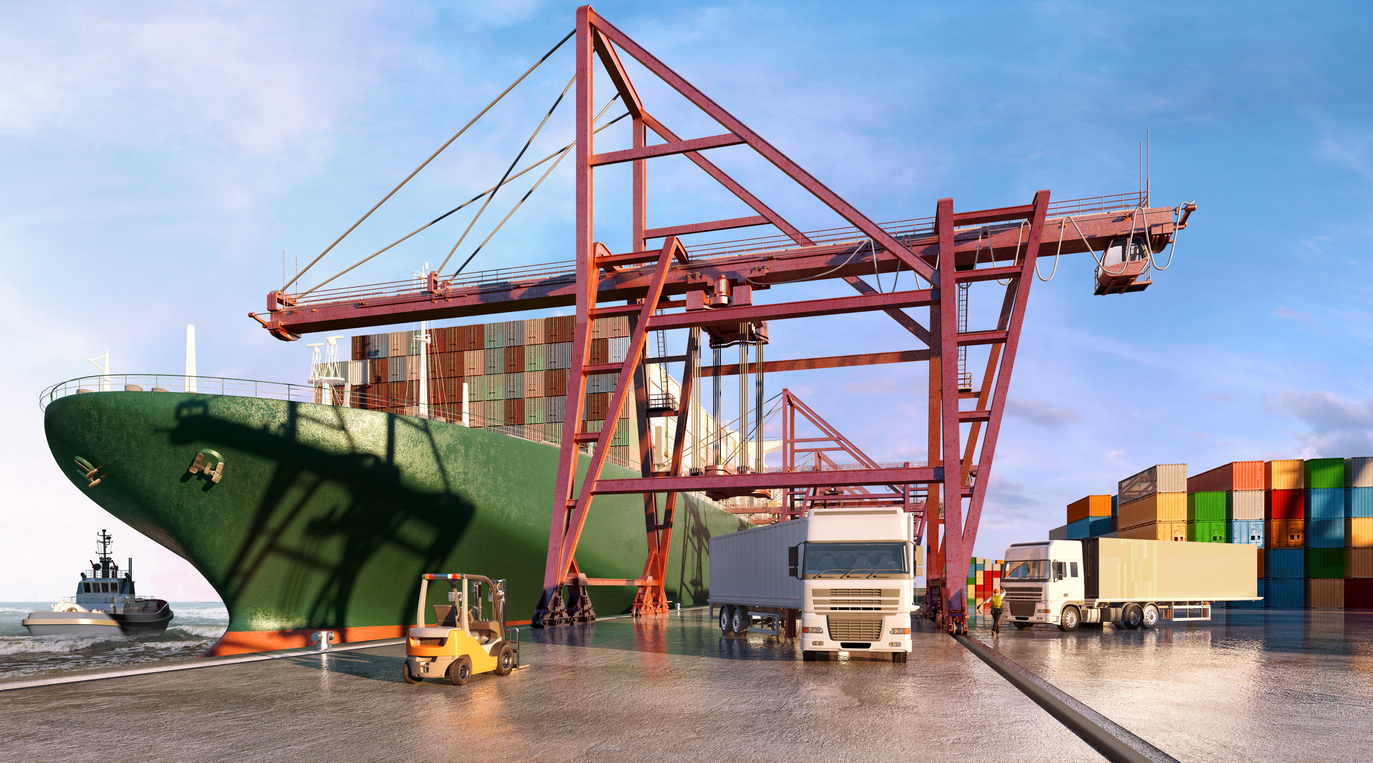Cross-Border Trade Nigeria and Ghana: Opportunities for Businesses
Cross-border trade between Nigeria and Ghana plays a vital role in West Africa’s economic development. As two of the region’s largest economies, their trade relationship shapes supply chains, creates opportunities for importers and exporters, and strengthens wholesale distribution networks across multiple industries, including FMCG, agriculture, and manufacturing. However, businesses engaged in cross-border trade Nigeria Ghana also face challenges such as regulatory barriers, logistics bottlenecks, and currency fluctuations. Understanding these dynamics is key to building sustainable and profitable trade operations.
The Importance of Cross-Border Trade Nigeria, Ghana for West African Business
The trade corridor between Nigeria and Ghana is one of the busiest in West Africa, facilitating the movement of essential goods ranging from agricultural produce to packaged consumer goods. Nigeria’s vast population and manufacturing base complement Ghana’s position as a regional logistics hub with a relatively stable business environment.
For importers, exporters, and wholesale distributors, this trade route offers:
-
Market diversification: Access to a combined consumer base of over 250 million people.
-
Stronger supply chains: A balance between Nigeria’s production capacity and Ghana’s strategic access to ports.
-
FMCG growth potential: High demand for fast-moving consumer goods across both nations.
Businesses tapping into cross-border trade Nigeria Ghana gain not just revenue growth but also long-term regional influence.
Challenges in Cross-Border Trade
While the opportunities are significant, companies operating across the Nigeria–Ghana corridor often face obstacles that impact efficiency and profitability.
Regulatory and Customs Barriers
Customs procedures can be complex and time-consuming, leading to delays at borders. Policies may differ between both countries, with inconsistent enforcement that frustrates logistics providers and wholesalers.
Solution: Businesses should work with experienced trading partners familiar with cross-border compliance. Wigmore Trading can help by managing documentation, reducing delays, and ensuring compliance with both Nigerian and Ghanaian regulations.
Logistics and Infrastructure Bottlenecks
Poor road conditions, congestion at ports, and limited warehousing options increase the cost of doing business. Transporting goods from Lagos to Accra, for example, often takes longer than expected due to border checks and infrastructure gaps.
Solution: Partnering with established distributors and logistics experts ensures goods move efficiently. Wigmore Trading’s established networks streamline distribution, reducing lead times.
Currency and Payment Risks
Fluctuations between the Naira and the Ghanaian Cedi create uncertainty for importers and exporters. Currency volatility affects pricing, profitability, and contract stability.
Solution: Businesses should consider hedging strategies or working with partners who can offer flexible payment solutions in multiple currencies.
Opportunities in Cross-Border Trade Between Nigeria and Ghana
Despite the challenges, the potential benefits make this trade corridor a high-growth area for companies in import/export and wholesale distribution.
Growing FMCG Demand
Urbanization and rising middle-class incomes in both countries are driving demand for packaged foods, beverages, and household goods. Companies engaged in cross-border trade Nigeria Ghana can expand their FMCG distribution networks and capture significant market share.
Agriculture and Raw Materials
Nigeria’s agricultural exports and Ghana’s cocoa, gold, and oil exports provide room for mutually beneficial trade. Businesses can diversify sourcing strategies and reduce dependency on single markets.
Regional Integration under AfCFTA
The African Continental Free Trade Area (AfCFTA) aims to reduce tariffs and promote easier trade between African nations. Nigeria and Ghana, as active members, stand to benefit from simplified processes and reduced costs in cross-border trade.
How Wigmore Trading Supports Cross-Border Trade
Wigmore Trading specializes in connecting suppliers, distributors, and importers across Africa. With decades of experience in wholesale distribution, sourcing, and logistics, we help businesses overcome regulatory hurdles, manage customs processes, and build resilient supply chains.
Whether you are looking to expand your FMCG footprint, source goods across borders, or streamline your logistics operations, Wigmore Trading can help.
Conclusion
Cross-border trade Nigeria Ghana presents both challenges and opportunities for businesses in import/export, wholesale distribution, logistics, and FMCG. By addressing regulatory hurdles, infrastructure issues, and currency risks, companies can unlock substantial growth and regional influence.
To make the most of these opportunities, businesses need reliable partners with proven expertise in African trade. Contact Wigmore Trading today to streamline your cross-border sourcing and distribution.








Comments are closed.